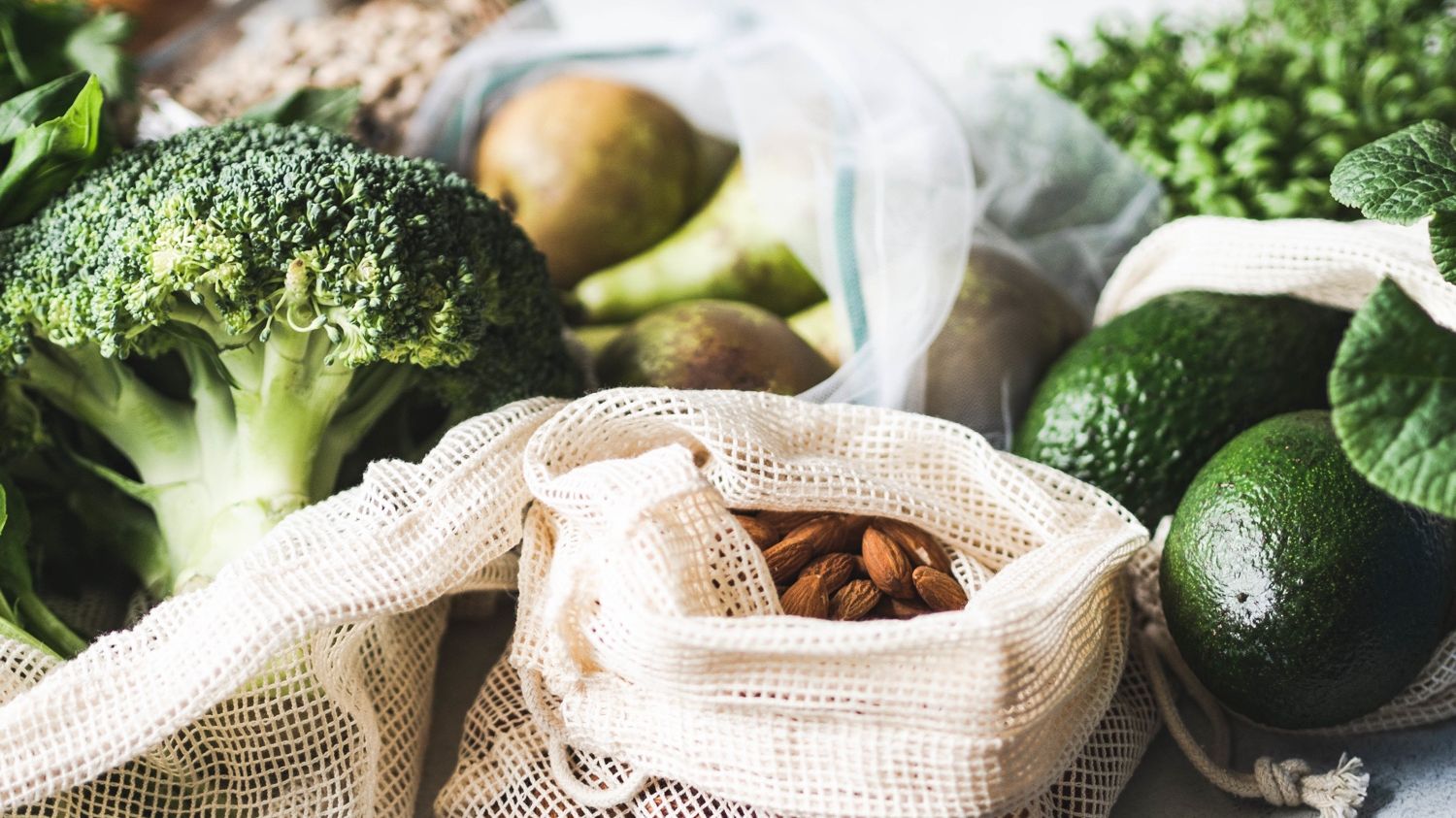
Show Notes:
- Part 1 of this 2 part series on the common questions vegans get asked.
- Our online vegan cooking school My Brownble
- For our resource library filled with vegan doctor directories, books, videos, documentaries and resources click here.
- Full position paper of the American Dietetics Association on vegan and vegetarian diets.
-
The Vegan for Life Food Guide (previously The Plant Plate) by registered dietitians Virginia Messina and Jack Norris.
-
Virginia Messina's book Vegan for Her and Vegan for Life with co-author Jack Norris. These were my nutrition bibles when going vegan.
-
The website Veganhealth.org by registered dietitian Jack Norris.
-
Taylor Wolfram's Vegan Nutrition online course, her blog and instagram account.
- Registered dietitian nutritionist Amanda Wagner, her instagram Fueling Veggie Athletes, and her website.
- A great article on vegan nutrition during pregnancy by RDN Taylor Wolfram.
- Information, resources and articles on vegan nutrition during pregnancy by RDN Jack Norris.
- The book Veganism and Eating Disorders by Jenn Friedman.
- The Food Empowerment Project.
-
The work of Colleen Patrick Goudreau. Her wonderful books and podcast The Food For Thought Podcast.
- Vegan activist Ed Winters also known as Earthling Ed, his Youtube channel and author of the book This is Vegan Propaganda.
- Our post and episode The Top Vegan Side Effects you can Expect when Going Vegan where we talk about the importance of mindset.
- Our video on sharing your life with a non-vegan partner.
- Blog Post: When my Partner isn't Vegan.
Today's post and podcast episode is part 2 of our series on some of the most common questions vegans get asked, and some of the most common questions vegans have when they first make this change. In this installment I’ll be answering the questions “can anyone be vegan (is it safe for athletes, pregnancy, and raising infants and kids)?”, “is a vegan diet possible for people who have struggled with an eating disorder or are in recovery?” “Is a vegan diet safe if I have an underlying medical condition?”, “isn’t it okay to source your meat, dairy and eggs from cage free, free range facilities or more sustainable farms?”, “isn’t it true that animals still die in the growing and production of plant based products or agricultural production?”, “is a vegan diet more expensive?” “do I need special ingredients or equipment to eat a vegan diet?”, and “aren’t we supposed to eat meat? We’ve been doing it for centuries!”
The topics that we’ll be talking about today are only a glimpse into what we cover in our online course The Roadmap, the ultimate guide that teaches you how to go vegan safely, deliciously, and handle any and every aspect of becoming vegan or when trying to make more vegan choices.
It covers everything from vegan nutrition basics, how to build a balanced and healthy vegan meal, how to navigate social situations as a vegan, being in a relationship with a non-vegan partner, vegan travel, staying motivated, delicious vegan meal ideas and plant based recipes and so much more.
You can check out The Roadmap here and take a look at everything that’s included in case you feel you need extra support after reading this post.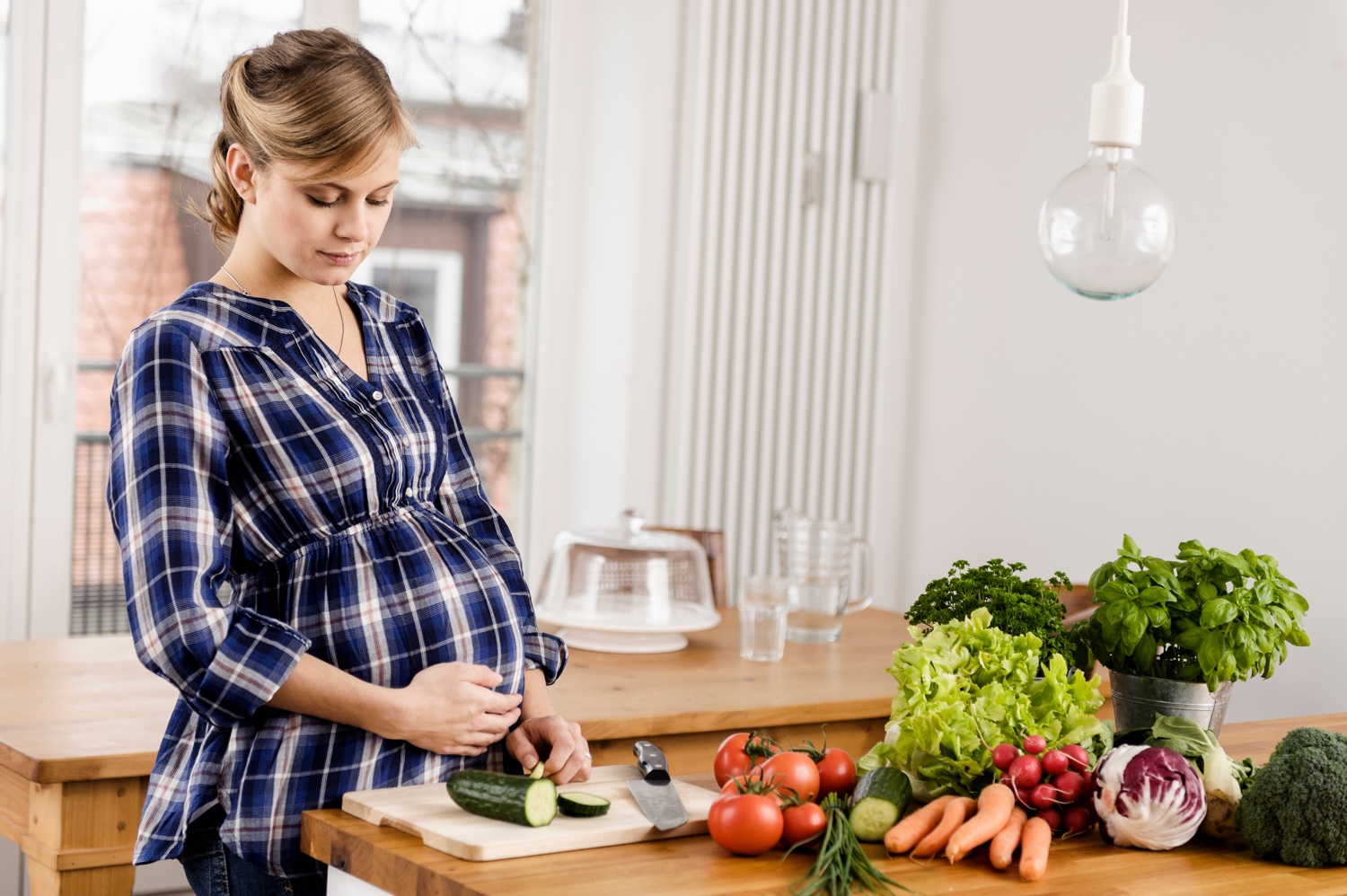
Can anyone be vegan? (Pregnant women, children, athletes, people in recovery from an eating disorder or a past of disordered eating)
Just in case you missed it last week, here's the answer from the position paper of the American Dietetics Association on who can follow a vegan diet:
"Appropriately planned vegetarian diets, including total vegetarian or vegan diets, are healthful, nutritionally adequate, and may provide health benefits in the prevention and treatment of certain diseases. Well-planned vegetarian diets are appropriate for individuals during all stages of the life cycle, including pregnancy, lactation, infancy, childhood, and adolescence, and for athletes."
You can read the full position paper of the American Dietetics Association on vegan and vegetarian diets here.
This means that technically, anyone can be vegan. I always suggest that you find support and do a bit of extra research on the specific nutrient requirements if you're pregnant, breastfeeding or raising young infants and children as vegans, since these are stages of life in which nutrition is very important to support a growing body. Make sure to check out our vegan resource library through the big button at the end of the post for nutritionists, pediatricians and specialists you can consult if you have any specific concerns, as well as books and blogs that will help you during these stages. Also know, that if for whatever reason you don’t feel it is possible for you to follow or feed a vegan diet during these special and temporary life stages, or you need to add flexibility, this is also completely fine and you can always come back to a vegan diet when you’re ready to.
When I get this question I always think of two specific groups of people that I like to mention specifically. The first are people struggling with food insecurity. My home country of Venezuela has been an example of this in different moments, as are many cities and countries across the world. Even in the US, in which access to fresh fruits and vegetables, beans and whole grains are limited in some areas, or people's financial means are limited. If you've decided to go vegan, and are struggling with food insecurity, please make sure you're taking care of yourself and getting the nutrients you need. If this means you can't be a perfect vegan 100% of the time because nutrient requirements can't be met, do what you can, and inspire others to make whatever changes they can, no matter how small. Every little thing we do helps, so make sure you're doing the best you can, and that includes not being perfect. No vegan is perfect.
The second group I like to talk about are people who are currently going through, have gone through in the past or are in recovery from an eating disorder.
Although many eating disorder sufferers have found recovery by adopting a vegan diet, I always recommend that if you're struggling with an eating disorder, you never make any dietary change that involves restriction (like the inherent restriction present in eating a vegan diet because you're skipping animal products), without the full support of your treatment team. Eating disorders are serious. They are the number one killer out of all mental illnesses, and although you'd probably be a wonderful and happy vegan activist after having struggled with food and dieting, I'm a firm believer that you can choose to attempt recovery first, and once recovered if it is deemed possible by your team, you can reassess. If you're struggling with an eating disorder or think you might be, please seek the help you need, you are worth it! A great place to start to get help is here, and we also have a new resource and health professional you might find extremely helpful, the book Veganism and Eating Disorder Recovery by Jenn Friedman a fantastic resource to explore if you find yourself at this intersection.
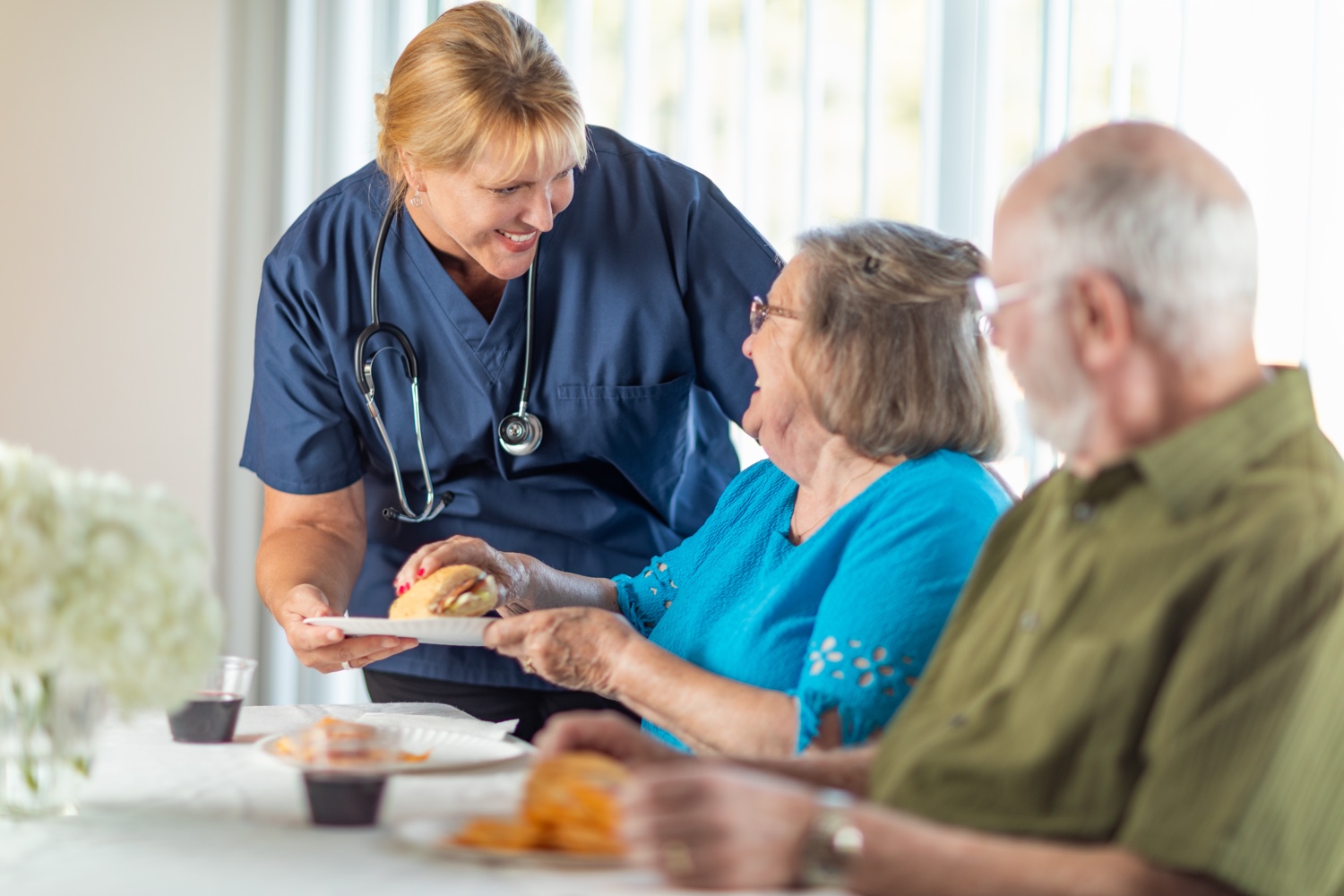
If I have a medical condition, is it safe for me to eat a vegan diet?
Although a vegan diet is a great way to prevent and even reverse certain diseases, always consult your doctor if you have any pre-existing conditions or are on medications. You'll find great plant-based doctor directories and nutritionists you can consult in our vegan library at the end of this post. Especially consult your doctor before removing any type of medications you're on. This should always be done under the supervision of your medical team. Having said all this, there is now an ample body of research that shows that this way of eating can provide benefits in the prevention and treatment of many chronic diseases such as diabetes, high blood pressure, lower your risk for certain cancers and more, and I’ll be sharing data and resources in an upcoming episode on why going vegan can be beneficial to our health and the resources that might help.

Isn't it enough or okay to just eat free-range eggs or grass-fed beef?
Sadly, these are terms that have been used as marketing techniques for people who worry about the treatment of animals used for food. In many countries, these terms are only labels that have no legal ground or oversight by government agencies, and when there is a legal standing or definition for these terms, often times they are very poorly enforced, they don't cover the transport of animals to and from facilities, nor the treatment of the animal down the slaughter line, often where lots of the abuse takes place. In the case of grass fed beef, the impact on the land and on greenhouse gas emissions, is even greater than in the case of cows raised in traditional feedlots. Very sad but true.
Of course there are small family farms that treat their animals in a way that is miles away from the treatment of animals in factory farms, but due to the growing demand for food, these are not the products that reach most of our supermarkets and stores. To me, if there is a way for me to eat deliciously and thrive on a diet that doesn't require killing an animal, no matter how it was raised, I'll take it!
Isn’t it true that animals still die in the growing of fruits, vegetables and other products that vegans consume?
Yes, it is true. There is no food system that we know of that is completely free of harm. Insects, rodents and lots of other small wild animals die in our modern farming practices either because of the machinery used, the use of pesticides, or the transformation of their wild habitats and their displacement. There are even bigger issues with the production of certain plant foods around the world. We’ve all heard of the production of palm oil and the enormous toll this food product has on the habitat of orangutans, and even elephants, tigers, rhinos and human beings. There are huge problems in where certain products are sourced from when it comes to human rights, such as cacao beans or bananas coming from certain regions.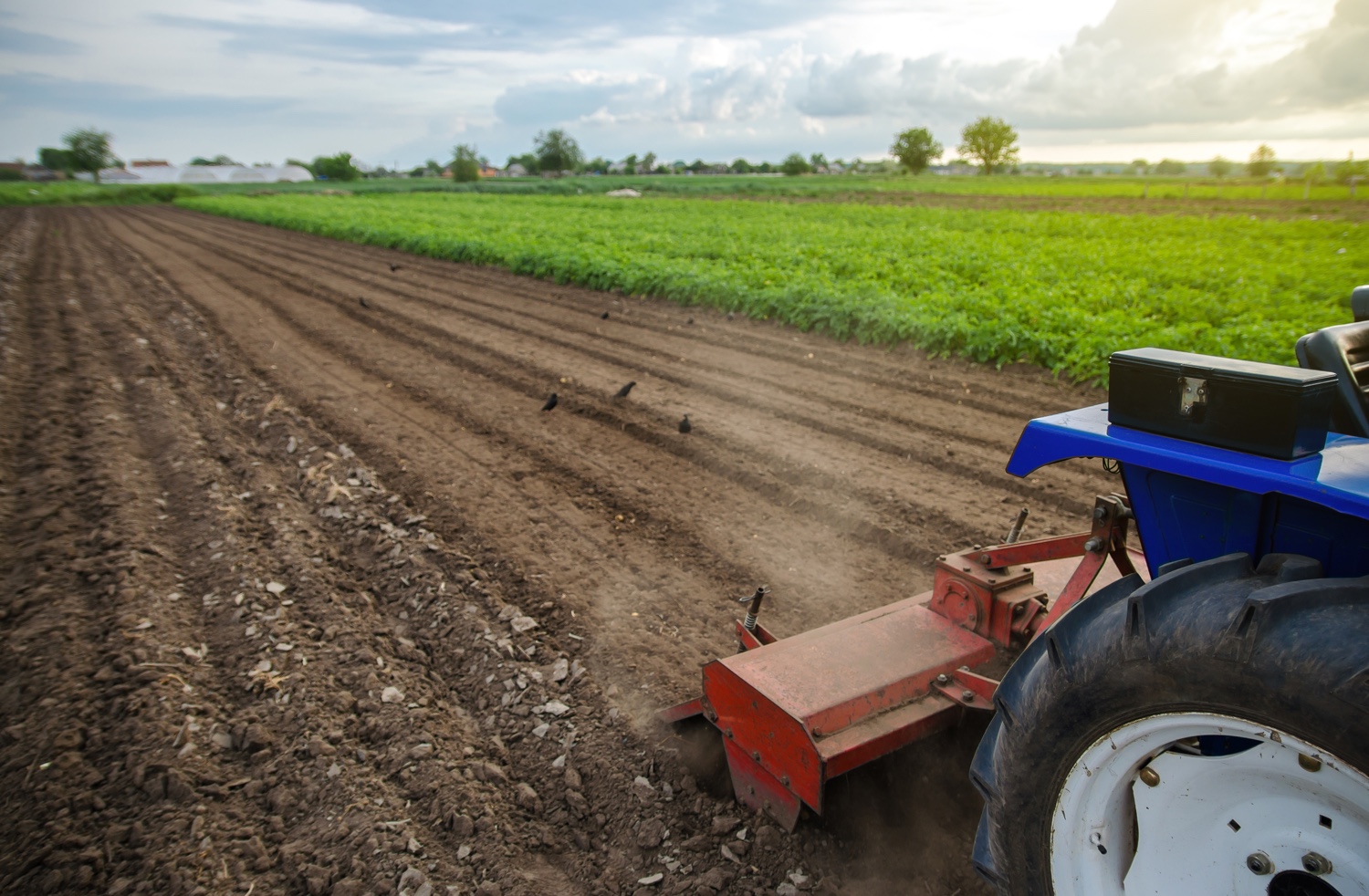
There is no diet absolutely absent from harm, but understanding one of the essential aspects of food production has been key to my understanding of why a vegan diet is still one of the choices that reduces harm the most, and can have a low impact when choosing foods responsibly, and it’s the fact that for the production of animal based meat, fish, dairy and eggs, you need live animals. You need to provide these animals with water and food (most of it plant food from agriculture) to keep them alive until they’ve reached slaughter weight or they’ve stopped producing milk and eggs. This means much more food from agriculture needs to be grown to feed these animals which will then be killed and provide only a fraction of the food than if we had gone to the plants directly. This means the amount of animals killed in our agriculture system, or that are displaced will be even greater if we need to produce the food our food will eat for months or years just to stay alive until it can in turn feed us. I’ll be giving specific data and examples on this in our updated version of the Why Vegan Series coming soon.
In terms of the production of certain ingredients that are particularly problematic, you can always opt out of them (I.e. buying palm oil free non-dairy butter, or palm oil free cheeses which is what I try my best to do) or go to more ethically sourced options, and for that a great resource is the Food Empowerment Project where you can find lists of more ethically sourced foods.
This question is such a good one, and it stems from the idea people have of vegans trying to present veganism as the perfect diet. It stems from the misconception that a vegan diet is a diet that eliminates harm and violence towards animals. A vegan diet is a way of significantly reducing harm done to animals, but based on the amount of people we need to feed globally, and the agriculture systems we have in place now, there is no such thing as a 100% harm free food system, but in everything I’ve researched, in everything I’ve read through the years, veganism is an incredible way to ensure a significant reduction in harm and violence while still providing us with a health promoting diet where we can get all the nutrient needs met.
Perhaps a 100% harm free food system is in the horizon, and we can always reassess and do what we can to improve. Vegans aren’t perfect, veganism isn’t perfect or completely devoid of harm, but it is a massive way to help in so many areas.
For anyone saying or thinking “well, if eating vegan isn’t 100% harm free, why should I even try? Why should I sacrifice my pleasure if my efforts won’t be perfect?” Here there is no better activist to coin the best one liner I’ve ever heard, other than author and educator Colleen Patrick Goudreau:
“Don’t do nothing because you can’t do everything, do something, anything”.
Her books are incredible, and her podcast The Food For Thought Podcast is a must listen for anyone on this path. You’ve heard me mention her countless times through the years and I wouldn’t be where I am without her work.
Veganism isn’t about perfection, and that means you can take as many steps as you can take, and all of those are steps in the right direction.
Another resource I can’t recommend enough is vegan activist Ed Winters also known as Earthling Ed who has spent years going to college campuses debating these and many other issues and common questions vegans get asked, is author of the book This is Vegan Propaganda, and his work goes deeply into these kinds of conundrums and why animals and our environment need us more than ever.
Colleen and Ed are two people I often refer to as the vegan philosophers of our time, and their work has inspired me greatly through the years.
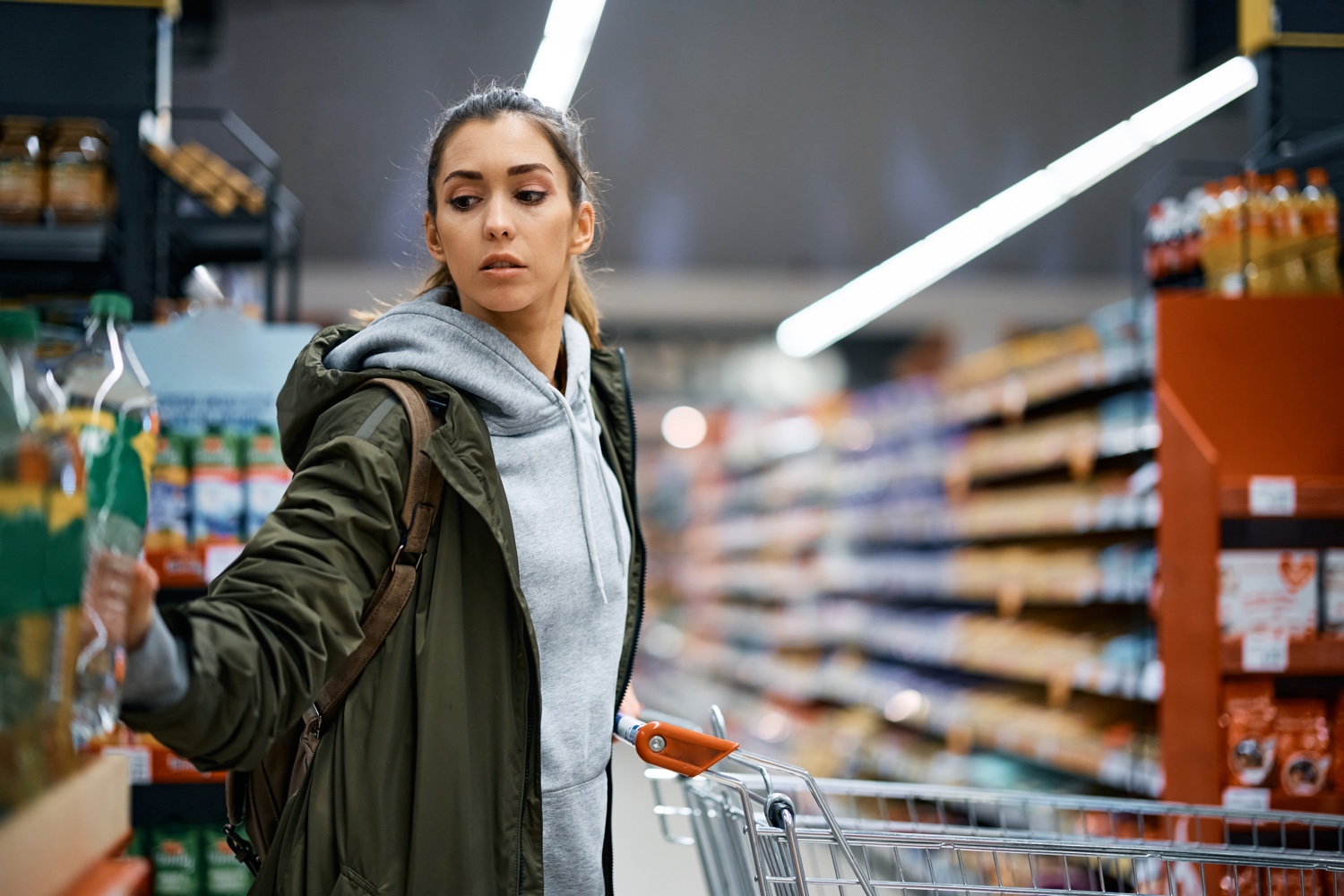
Is it expensive to eat a vegan diet?
Just as with the question of whether or not a vegan diet is healthy, the answer is: it depends on what you buy, and what you bought before you went vegan. A vegan diet not only doesn't have to be more expensive than a meat-based one, but it can even show you a reduction in costs since whole grains, beans and vegetables are usually less expensive than meat and dairy-based products. Sadly, due to subsidies and the cost of cheap meat, if you were on a diet that consisted of McDonalds happy meals and $1 menus, you will probably be spending more. You will however be saving on the thing you can never put a price tag on: your health!
There are many tips and tricks to help you stay on budget on a vegan diet, including buying fruits and veggies that are in season, buying in bulk, cooking more at home, and so many others that we cover here at Brownble.
Do you need special equipment or fancy and expensive ingredients to be vegan?
No, a vegan diet can be very simple, using ingredients you find at your local store, and a simple set of pots and pans, a cutting board and a knife. Of course you can take any cuisine to many different levels, but even as a professional cook I can tell you my kitchen is very simple, and I buy my ingredients in my local supermarket or health food store. Some of the new alternatives to meat and cheeses can be harder to find in some places, so just do a little research for local health food stores or shop online. Even if you live in an area where neither of these are possible, you can eat a completely delicious and balanced vegan diet, made with simple whole foods you can find anywhere.
Isn't a vegan diet too limited or difficult to keep up for long?
If you're a member of our vegan online cooking school, have taken our courses or have watched our videos, you know the answer to this question: a vegan diet can be just as varied or even more varied than a meat-based one because it forces you to step out of the meat, green beans and potatoes plate, and into a world of foods you probably hadn't even heard of before! It can be just as varied and full of excitement as a meat-based one, since you can make anything vegan.
I'll say that again: you can make ANYTHING vegan! 
The truth is the answer to this question depends entirely on you. More specifically on your mindset. If you're going into this expecting lack, deprivation and focusing only on what you can't have, or limiting and restricting certain foods, that might be what you experience. If you go into this with an open mind, willing to learn some new recipes and focusing on all the new foods that will now fill your plate, ensuring you're eating a variety of foods and that you're feeling satisfied with your meals, you're in for a very exciting journey!
I talked about importance of mindset and how it's the big elephant sitting in your living room right now, affecting all your decisions, actions and reactions in our post and episode titled “The Top Vegan Side Effects you can Expect when Going Vegan”.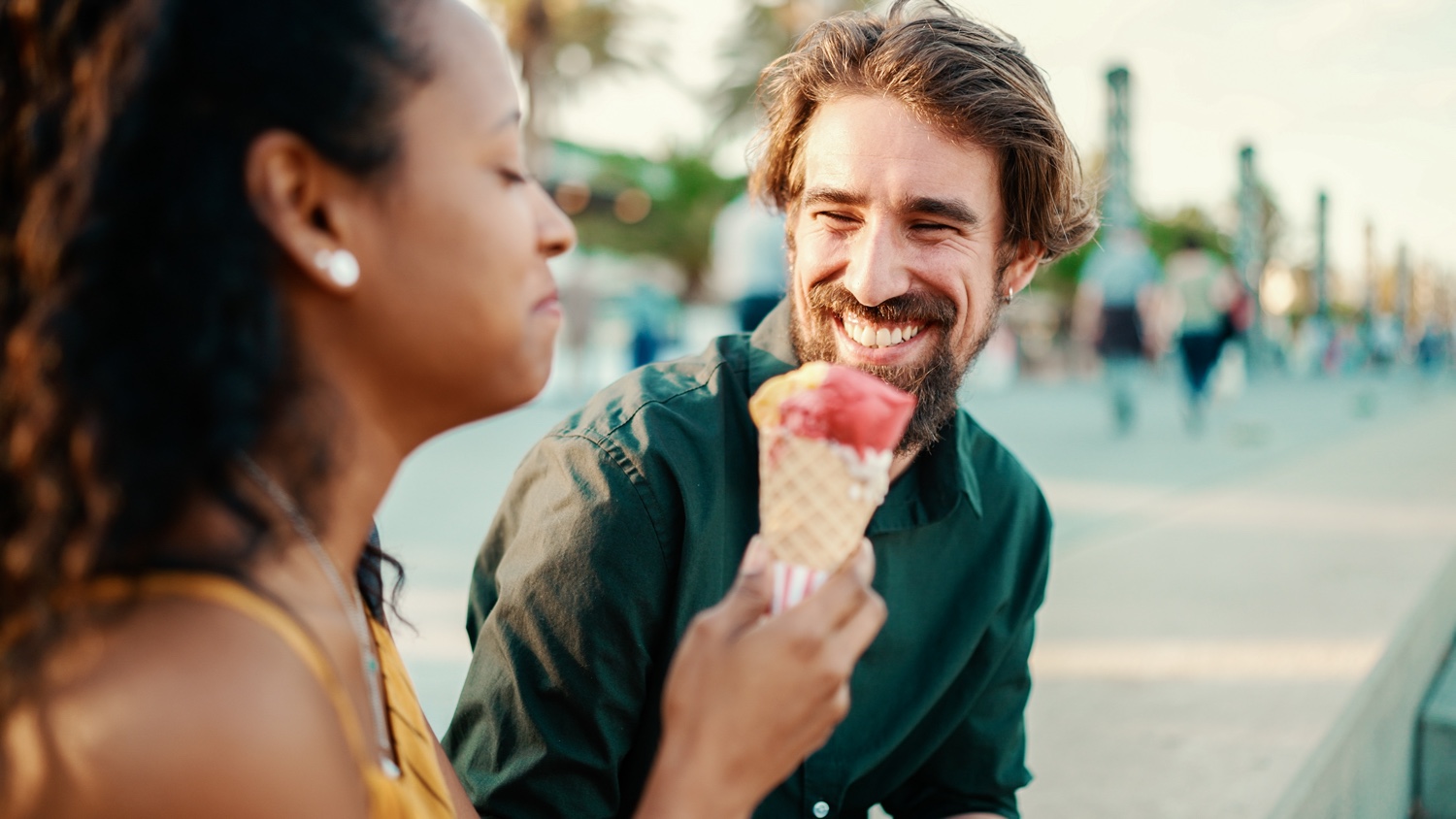
My partner doesn't want to go vegan, how can I make the switch to a vegan diet and still maintain a healthy relationship with them?
All over the world, people are sitting at the dinner table with food sensitivities, allergies, preferences, etc., that make them eat in a different way from their partners, children and family members. Once you find a middle ground where you both feel comfortable, and make certain compromises, you can totally be vegan even if your partner never decides to join you. It can be a bit more challenging (often times more for emotional reasons than practical ones), but it can totally be done. I’m leaving you with a video on sharing your life with a non-vegan we made recently as well as this blog post where you can find more support with specific tips on dealing with the practical sides of shopping and cooking, dealing with in-laws, raising kids together and more:
Aren't we supposed to eat meat? We've been doing it for centuries and it's tradition
I understand our attachment to foods that have been a part of our lives for so long. They're part of our traditions, our family and social circles, not to mention our past history as a culture and as human beings. There are many things that also used to be a part of our cultural heritage and that we would do without giving it a second thought. Things like not allowing women to go to school or vote, owning slaves, having human zoos (yes this was a thing!), discriminating against people with a different skin color, race, religion, sexual orientation. Segregating in buses and bathrooms. Having gladiators fight lions in Roman coliseums. Allowing children to work without rights. All of these things were the norm, and part of our culture. Some of these went on for centuries. They were tradition and "the way things were done" until we knew better. It's time that we awaken to the fact that our current agriculture system is causing much more harm than good and that in this instance, we don't need to wait for legislation, leaders or changes to start from the top to create change, we have the sole power to make a difference, every time we sit down to eat or make a purchase.
Saying that we need to do things like our ancestors did before because it's tradition or because we're supposed to do it, only limits our growth as humans, it takes away our power.
To quote the wonderful Patti Smith:
"People have the power!"
You have the power. More power than you know.
Have any more questions? No question is too simple or obvious to ask. I'm here for you so leave them below! Remember that vegan library I promised? Access it through this link:
CLICK HERE TO ACCESS OUR VEGAN RESOURCE LIBRARY
***If you're a member of any of our programs or courses, you can access it through your Library***
🧑🍳
You might also like...
Our Online Cooking School and Courses
Don't miss our weekly goodies!
Our best FREE content straight to your inbox




